Jaw-Dropping Images Of Super Typhoon Trami From Space
Parvati Misra - Oct 11, 2018
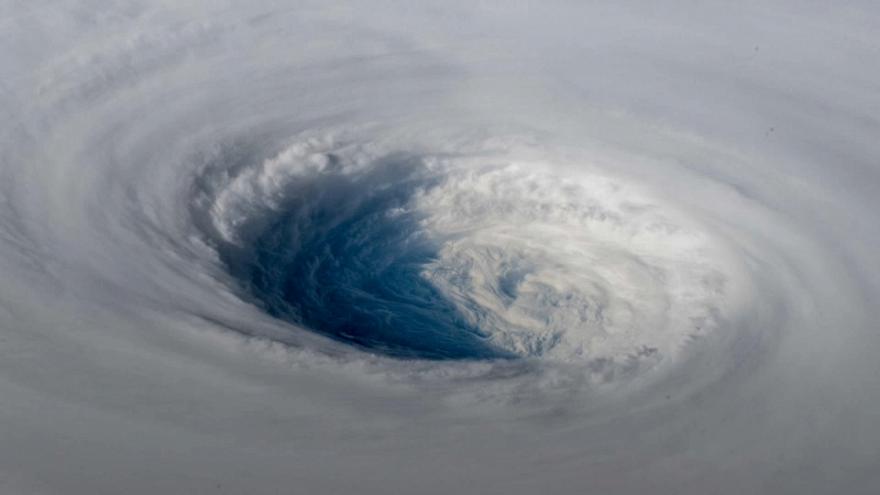
Super typhoon Trami is now the most powerful storm whose wind peaked at 160mph. Take a look at the photos of a deadly yet stunning typhoon.
- US Is About To Be Hit By The Biggest Saharan Dust Cloud In 50 Years
- Pictures Showing The Aftermath Of Cyclone Amphan That Hits India
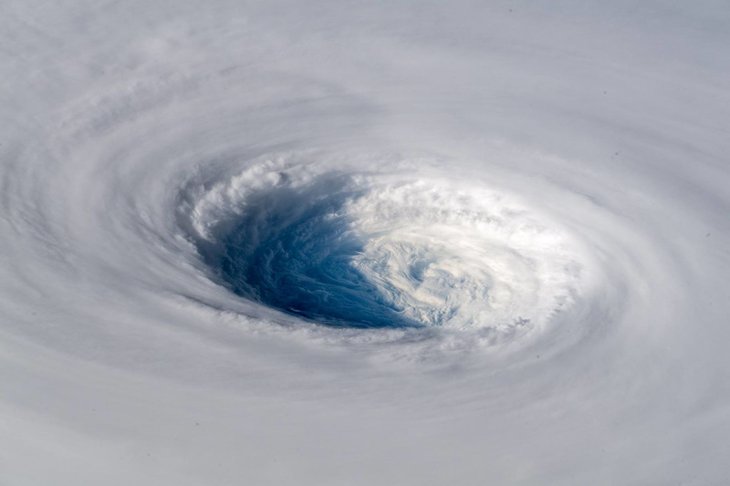
The crew and their cameras on board the International Space Station (ISS) have revealed some amazing perspectives of our planet. ISS astronauts take Earth photography as a popular recreation, and freak weather events like volcanic eruptions and huge storms provide plenty of subject matter to them.
This week, Alexander Gerst, the German Commander of Expedition 57, took a series of snapshots showing a deep blue ocean with crisp white clouds and the swirl of clouds within the symmetric eye. Gerst snapped the typhoon when it swirled over the Pacific Ocean. He zoomed in on its center and a surreal perspective is revealed.
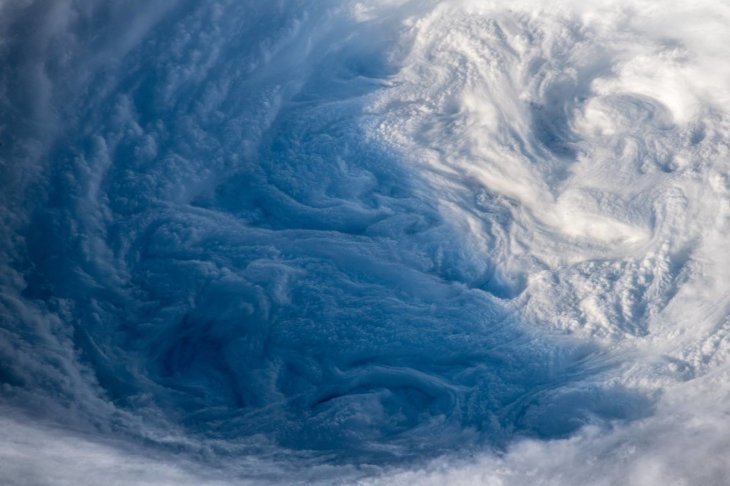
Super typhoon Trami is now the most powerful storm. On Monday, Trami attained sustained winds of 160-mph, at peak intensity. That’s down a bit to 149 mph and gusts up to 184mph on Tuesday morning.
Though, the storm is still a threat to the southern islands in Japan ater this week since it starts to turn to the north. Erlier this week, the storm could even get to Honshu, the island with a most people in Japan. To talk about Trami's destructiveness, it may not compete Mangkhut rocking Hong Kong and the Philippines last week. But after all, Japan don't need that after a year with torrential rains.
The Western Pacific Ocean is the most active basin on the planet, especially this year has been specifically rough. This year has experienced more serious storms than usual, as well as accumulated cyclone enery, which a metric using wind from every cyclone in a basin and adding them up over time, is higher than normal, too. A 2016 research indicates that the intense of landfalling hurricanes in Asia has increased by 12-15% since 1970, which is likely due to warmer oceans.
Although these beasts over the ocean are stunning, do not forget they can still cause major damages at landfall.
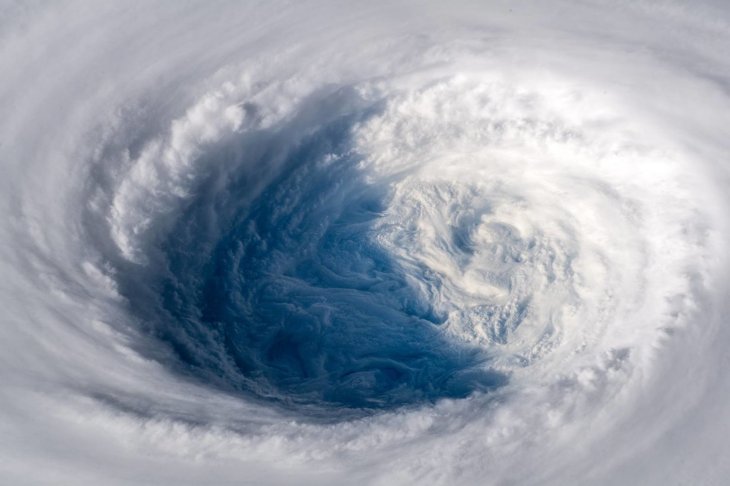
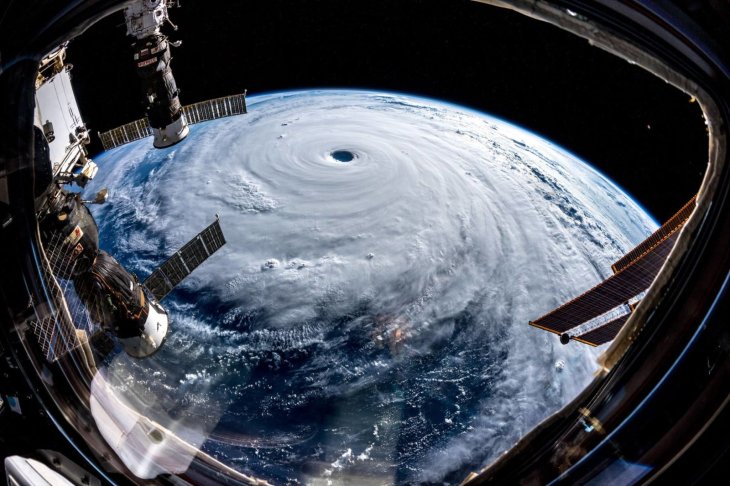
Featured Stories

Features - Jan 29, 2026
Permanently Deleting Your Instagram Account: A Complete Step-by-Step Tutorial

Features - Jul 01, 2025
What Are The Fastest Passenger Vehicles Ever Created?

Features - Jun 25, 2025
Japan Hydrogen Breakthrough: Scientists Crack the Clean Energy Code with...

ICT News - Jun 25, 2025
AI Intimidation Tactics: CEOs Turn Flawed Technology Into Employee Fear Machine

Review - Jun 25, 2025
Windows 11 Problems: Is Microsoft's "Best" OS Actually Getting Worse?

Features - Jun 22, 2025
Telegram Founder Pavel Durov Plans to Split $14 Billion Fortune Among 106 Children

ICT News - Jun 22, 2025
Neuralink Telepathy Chip Enables Quadriplegic Rob Greiner to Control Games with...

Features - Jun 21, 2025
This Over $100 Bottle Has Nothing But Fresh Air Inside

Features - Jun 18, 2025
Best Mobile VPN Apps for Gaming 2025: Complete Guide

Features - Jun 18, 2025
A Math Formula Tells Us How Long Everything Will Live
Read more

Mobile- Jan 30, 2026
Red Magic 11 Air Debuts Worldwide: Snapdragon 8 Elite Powerhouse with Advanced ICE Cooling
Nubia's gaming-focused sub-brand, Red Magic, has unveiled its latest smartphone, the Red Magic 11 Air, for global markets.

Mobile- Jan 30, 2026
Motorola Unveils Moto G67 and Moto G77: 5200mAh Battery, 6.78-Inch AMOLED Display, Prices, and Specifications
With their combination of modern features and competitive pricing, the Moto G67 and G77 position Motorola strongly in the mid-range segment for 2026.

Features- Jan 29, 2026
Permanently Deleting Your Instagram Account: A Complete Step-by-Step Tutorial
By following this guide, you can confidently delete your Instagram account and move forward.

Mobile- Jan 29, 2026
Guide to Sharing Your Contact Card via the mAadhaar App
The mAadhaar app, developed by the Unique Identification Authority of India (UIDAI), allows users to manage their Aadhaar details digitally.
Comments
Sort by Newest | Popular